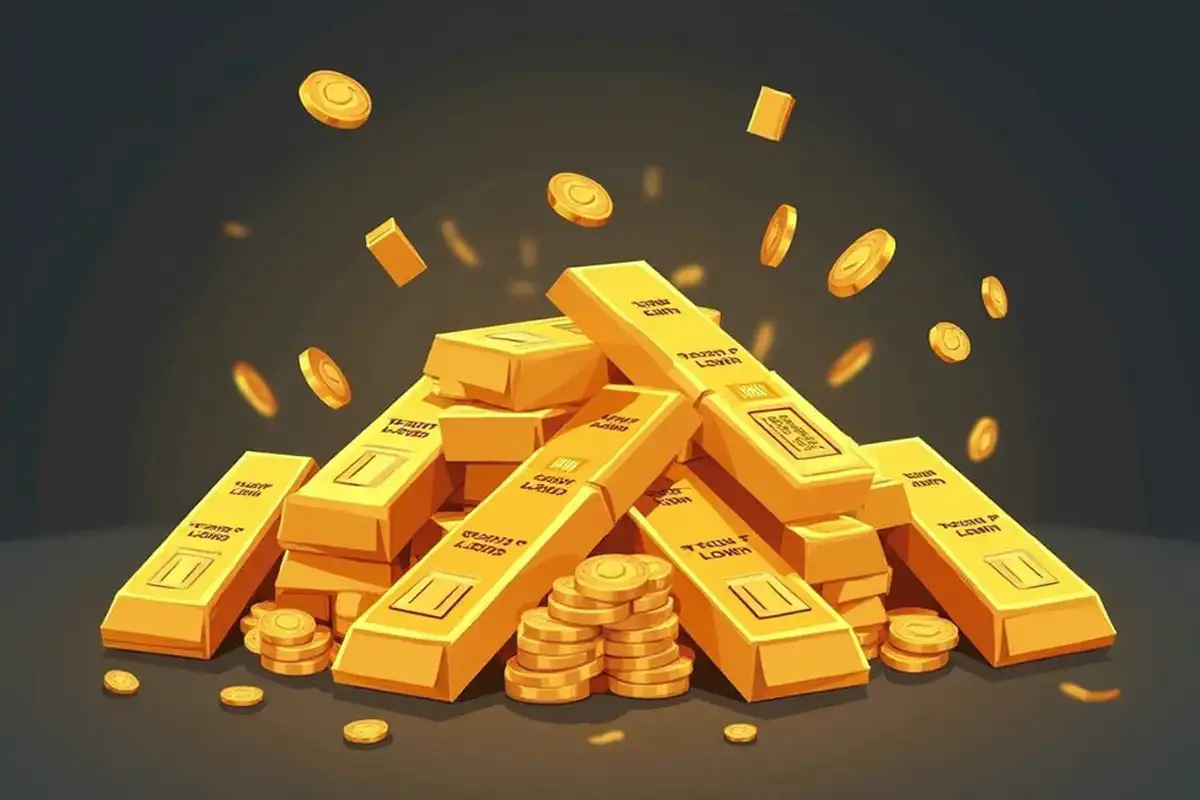How can you imagine this - some kind of economic problems for a country like Russia.
Russia has enormous resource potential, from oil, gas, and metals to fertile lands and fresh water.
And how can you not feed yourself in such conditions?
Due to the low depth of processing, dependence on imported technologies, and lack of effective management tools, Russia cannot fully transform its wealth into sustainable economic development, providing its entire population with all the necessary goods in sufficient quantity for a full and happy life.
Background
Imagine the situation. Not bothering to live at the expense of high margins from the sale of petroleum products (when the cost of its production is meager relative to the final price of its sale due to sufficiently solvent Western markets that could pay for it) does not motivate to look for other sources of income, their diversification and reinvestment in relevant technologies of the real sector.
At the same time, all domestic domestic processing is dated due to low energy prices in order not to provoke inflation within the country.
The rapid growth of the global economy after 2000 required more and more hydrocarbons, which provoked an increase in world prices for them for the benefit of the Russian budget (where its revenue depends heavily on oil and gas revenues - about 40-50%).

Temporary failures (crises) were subsequently compensated by reserve funds and a printing press, and after After a short period of decline, everything returned to the usual long-term trend.
This is related, among other things, to today's problems with the freezing of Russian gold and foreign exchange reserves, which for some unknown reason ended up somewhere out there, with someone who can lay his hand on them, and not where you are the owner of your assets.
The crises experienced by Russia over the past 30 years have mostly coincided with sharp drops in oil and gas prices, especially against the background of global events such as crisis in the USA in 2008. When the solvency of the American consumer was undermined due to the inability to repay expensive debts to banks for mortgaged real estate, against the background of high interest rates, due to inflation in the United States.
These factors may well act as today's crisis trigger on the part of the United States, because the retention of high interest rates for the American real sector at its peak over the past 20 years (4-5%) has already been maintained for quite a long time, which critically affects the business that provides income to its employees, who in turn and they are debtors (debtors from banks).
Among other things, what has always been the interest of the West and the United States in selling their technologies in Russia and the CIS?

They sold their technologies to countries where resources and labor were cheap (that is, in the Russian Federation and the CIS), and this is the basis cost the final products, on the basis of which an attractive price was formed for the markets, where these goods were then sent back.
Can you imagine how much the product would cost if its cost were electricity 3 times higher than the Russian rate, as well as the price of labor.
In other words, Russia invested in imported technologies, and then exported the products back to them at attractive prices for the West. This scheme of work has been fine-tuned and rooted for many years, but in the end it turned into problems for the Russian Federation and all CIS countries that worked on this principle.
What is happening now
If in the periods of 2014-2015, when oil was at a low level, the Russian Federation was able to smooth out this budget failure at the expense of the Federal Reserve accumulated over the past years, then in today's situation it will not be so easy to solve it.
Oil is falling, reserves are being depleted. And the most depressing thing is that the volume of a real product that compensates for the natural needs of the consumer (food, clothing) decreases over time (and this is in conditions of an oversupply of money). Because the depreciation of fixed assets (what produces these products), built mainly on Western technologies and introduced even before the sanctions, has its limit and is gradually approaching 100%.
It could be assumed that China will compensate Russia for losses from sanctions (technology and equipment, so that the Russian Federation creates added value). But the question arises: will Beijing escalate its relations with the United States, given that the annual trade turnover between the United States and China is about $839.9 billion, while between China and Russia it is only $244.8 billion? It is obvious that China's economic well-being depends much more on the United States than on Russia. This means that in the event of a conflict of interest, China's concessions are likely to be in Washington's favor, not Moscow's.
Frankly speaking, in the current geopolitical situation - no matter how depressing it may be for the whole world - China, India and Turkey are winning. Unfortunately, it is Russia that is losing. The main reasons are the mistakes of previous years: relying solely on oil and gas, as well as the lack of necessary technological potential (and, in a sense, personnel/brains) today.
This is exactly what "distorts" both the monetary system and the Government of the Russian Federation today when trying to make economically sound decisions in the current conditions. What sometimes causes confusion is why what is happening goes against the classical laws of economics.

































